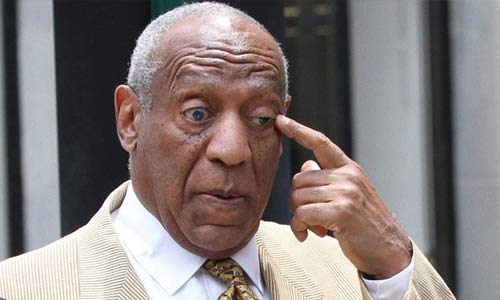The Pennsylvania Supreme Court on Wednesday overturned Bill Cosby’s sex assault conviction, setting the stage for the release of the 83-year-old comedian later in the day.
The state’s highest court tossed Cosby’s conviction as a result of an agreement he had with a prior prosecutor that would have prevented Cosby from being criminally charged in the case. This new ruling bars any retrial in the case, court documents say.
Cosby is two years into a three-to-10-year prison term.
The supreme court’s opinion also disagreed with the trial court judge’s decision to let prosecutors call five other accusers in addition to Andrea Constand, the former Temple University employee whose allegation was the basis of the criminal case.
Cosby was accused of drugging and molesting Constand at his estate in 2004. He was charged in 2015 for the alleged attack and arrested just days before the 12-year statute of limitations expired.
Originally, the trial judge had allowed just one other accuser to testify at Cosby’s first trial. However, after the jury deadlocked, the judge then allowed five other accusers to testify at Cosby’s retrial.
This testimony tainted the trial, the Pennsylvania Supreme Court said, even though the lower appeals court had found it appropriate to show a pattern of behavior.
The court ultimately did not address the admissibility of the five additional accusers because it had overturned the ruling based on the agreement with a former prosecutor that prevented Cosby from being criminally charged in the case.
“Having identified a due process violation here, we must ascertain the remedy to which Cosby is entitled,” the court document stated.
Cosby, whose role as Dr Cliff Huxtable in 1980s hit sitcom The Cosby Show made him a national treasure in the US, was convicted of drugging and molesting Ms Constand, a Temple University employee, at his suburban estate.
She was one of more than a dozen women who accused Cosby of misconduct but the only one whose case made it to court.
The trial judge had allowed just one other accuser to testify at Cosby’s first trial, when the jury deadlocked.
However, he then allowed five other accusers to testify at the retrial about their experiences with Cosby in the 1980s.

